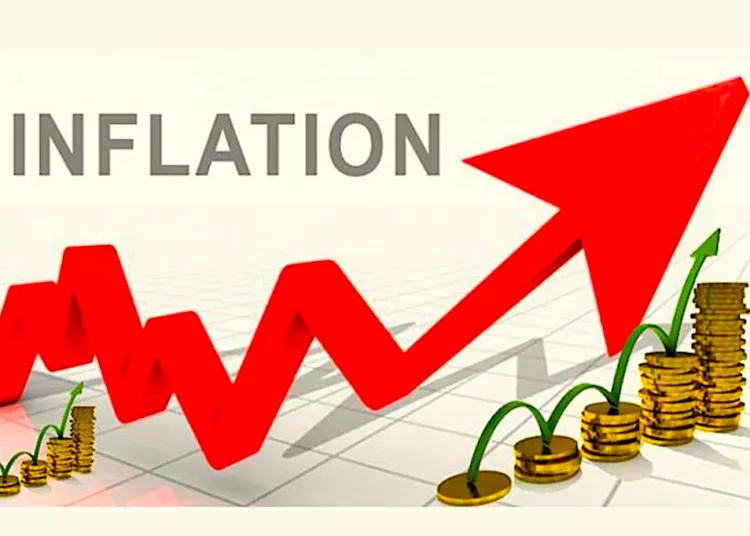In recent years, Nigeria, like many other countries, has been grappling with high inflation rates that have reached as high as 31.7 per cent last month.
This surge in prices has had a profound impact on the economy and the daily lives of Nigerians, who are struggling to make ends meet amidst stagnant incomes and escalating costs of goods and services.
Inflation, simply put, is the rate at which the general level of prices for goods and services is rising, resulting in a decline in purchasing power. This means that the cost of living is increasing at a faster rate, making it harder for people to afford essentials such as food, housing, healthcare, and transportation.
As Nigerians navigate through these challenging economic times, they are ways and means of coping with the effects of inflation and rising costs, such that it doesn’t way you down.. Here are some ways to cope and cut costs.
Transportation Cost Management
With fuel prices on the rise, many Nigerians are finding ways to minimise transportation costs. This includes; carpooling, using public transportation, walking short distances whenever possible, and combining errands to reduce overall fuel consumption. These small adjustments can lead to significant savings over time, easing the financial burden caused by inflation.
Bulk Buying and Community Support:
Food expenses constitute a significant portion of household budgets. To combat rising food prices, many Nigerians are turning to bulk buying. Families, communities, and organisations are pooling resources to make bulk purchases at lower unit costs. This not only saves money but also fosters a sense of community support and cooperation during challenging times.
Reducing Dining Out Expenses
Eating out at restaurants or ordering takeout can be expensive, especially, with inflation driving up prices. As a cost-saving measure, more Nigerians are opting to cook meals at home. Not only is this more economical, but it also allows individuals to have greater control over the quality and nutritional value of their meals.
Negotiating Lower Prices
Negotiation skills are becoming increasingly valuable in a high inflation environment. Whether purchasing goods or services, negotiating for lower prices can lead to significant savings. Individuals are encouraged to explore bargaining opportunities and seek discounts wherever possible to stretch their budgets further.
Differentiating Immediate and Non-Immediate Needs
Prioritising immediate needs over non-urgent purchases can help manage expenses during periods of inflation. Delaying non-essential expenditures until prices stabilise or decline can result in cost savings and smarter financial management.
Seeking Additional Income Streams
In a high inflation economy, increasing one’s income can provide much-needed relief. Many Nigerians are exploring additional income streams such as freelance work, part-time jobs, online businesses, or passive income investments. Diversifying income sources can enhance financial stability and resilience against inflationary challenges.
Building Emergency Funds and Financial Resilience
Building emergency savings is vital in a high inflation environment. Having a financial cushion to cover unexpected expenses or income disruptions can provide peace of mind and protect against financial hardships caused by inflationary pressures.
In conclusion, surviving and thriving in a high inflation economy requires a combination of prudent financial management, strategic planning, and adaptability. By implementing these strategies and staying informed about economic developments, Nigerians can better cope with rising costs and safeguard their financial well-being in challenging times.





